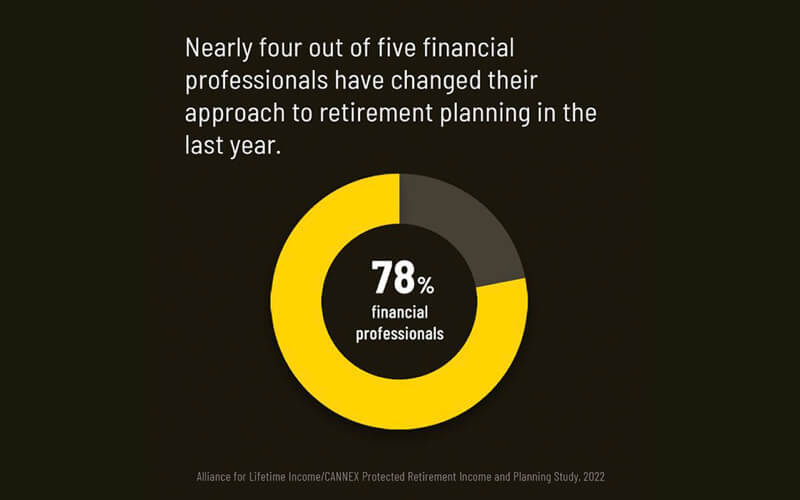On our most recent visit to the Humphrey School of Public Affairs, one of the country’s top graduate programs training people for service in the public and non-profit sectors, we heard a lot about K-12 education. It was a reminder of both the importance and the complexity of education policy. Our recollections of these conversations have several threads.
- An example about the significance of specific policy decisions was a recounting of a decision to move algebra education from 9th grade to 8th grade in order to increase the preparedness of kids for the higher level math and science required for technical jobs. The move required not only changes to 8th and 9th grade curricula but also rippled down as far as kindergarten programs to assure that kids would be ready for their 8th grade experience.
- As evidence of the success of STEM (Science, Technology, Engineering and Math) program efforts, we learned that middle schoolers’ interests have shifted enough that the numbers aspiring to mechanical engineering have exceeded those focused on English, a finding that may be distressing to those of us with literary inclinations but probably healthy given the role of technology in our society.
- The complexity of the challenges was made apparent in a discussion about language skills in which the CEO of Minneapolis schools mentioned that students within the school system speak 117 languages. Responding to a comment about the importance of parental involvement, this school executive concurred but raised the point that 70% of kids of color come from single-parent households.
- The most surprising finding came from a report on a “play” initiative under the aegis of Playworks, an organization devoted to encouraging constructive play in schools. A recent assessment sponsored by the Robert Wood Johnson Foundation had examined play programs with a hypothesis that they should have an impact on obesity and health among kids. The surprising finding was that constructive play reduced bullying and made classroom time more productive. Probably any parent of active kids could have predicted that last one, but it’s always noteworthy to see how it plays out in a school setting.
This visit was in part to attend the annual Humphrey Leadership Awards dinner, an event that celebrates people from public and private sectors who have made an impact on a particular societal challenge. This year’s top awardees fit the historic pattern of the event in being individuals who successfully reached across partisan lines to accomplish important goals for the American people.
One of these was Howard Baker, the former Republican Senate leader renowned for his ability to work with his political opponents, who sent in a video in which he talked about the importance of listening to all points of view; Mr. Baker passed away two days after the event.
The other awardee was Vernon Jordan, known for his civil rights activities and for his role advising numerous Presidents. In an enthralling speech, Mr. Jordan brought to life the turmoil around the civil rights movement with a personal recollection of Hubert Humphrey’s 1948 speech to the Democratic National Convention that encouraged that party to stand for human rights, and concluded with a story of public reconciliation between himself and his erstwhile opponent George C. Wallace that inspired all of us to believe that it remains possible for our polity to work together for the common good.





